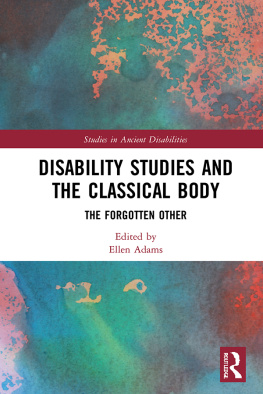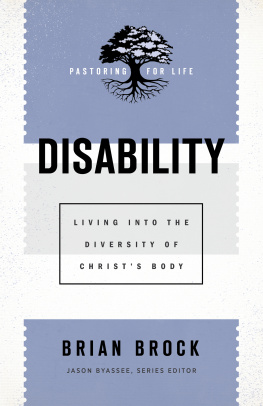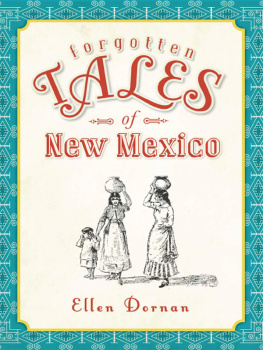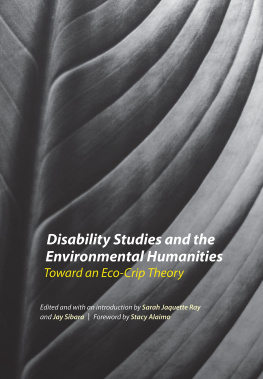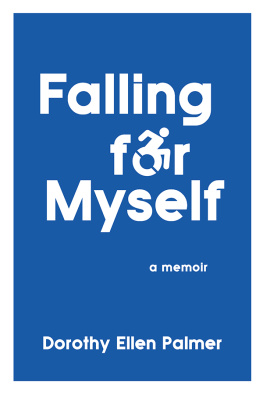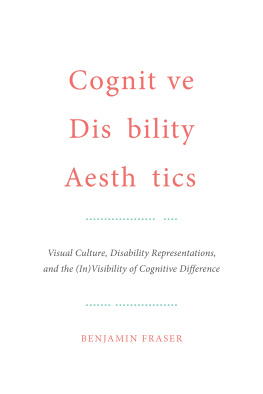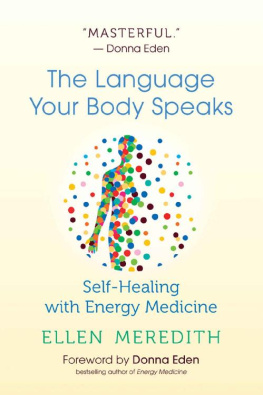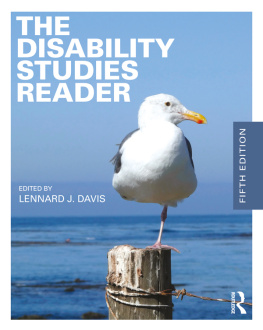Disability Studies and the Classical Body
By triangulating the Greco-Roman world, classical reception, and disability studies, this book presents a range of approaches that reassess and reimagine traditional themes, from the narrative voice to sensory studies.
It argues that disability and disabled people are the forgotten other of not just Classics, but also the Humanities more widely. Beyond the moral merits of rectifying this neglect, this book also provides a series of approaches and case studies that demonstrate the intellectual value of engaging with disability studies as classicists and exploring the classical legacy in the medical humanities. The book is presented in four parts: Communicating and controlling impairment, illness and pain; Using, creating and showcasing disability supports and services; Real bodies and retrieving senses: disability in the ritual record; and Classical reception as the gateway between Classics and disability studies. Chapters by scholars from different academic backgrounds are carefully paired in these sections in order to draw out further contrasts and nuances and produce a sum that is more than the parts. The volume also explores how the ancient world and its reception have influenced medical and disability literature, and how engagements with disabled people might lead to reinterpretations of familiar case studies, such as the Parthenon.
This book is primarily intended for classicists interested in disabled people in the Greco-Roman past and in how modern disability studies may offer insights into and reinterpretations of historic case studies. It will also be of interest to those working in medical humanities, sensory studies, and museum studies, and those exploring the wider tension between representation and reality in ancient contexts. As such, it will appeal to people in the wider Humanities who, notwithstanding any interest in how disabled people are represented in literature, art, and cinema, have had less engagement with disability studies and the lived experience of people with impairments.
Ellen Adams is Senior Lecturer in Classical Art and Archaeology at Kings College London, UK. She has published extensively on Minoan Crete, including a book entitled Cultural Identity in Minoan Crete: Social Dynamics in the Neopalatial Period (2017, CUP). For many years, she has also investigated how a dialogue between disability studies and Classics might enhance both disciplines.
Routledge Studies in Ancient Disabilities
Routledge Studies in Ancient Disabilities is a series dedicated to the investigation of new perspectives, the application of new approaches, and the promotion of period-based and cross-cultural investigations of disability throughout antiquity. Extending beyond the core disciplines of ancient history, archaeology and classical studies, the series aims to provide a forum for scholars with diverse backgrounds, including bioarchaeology, biblical studies and contemporary disability studies, to explore the evidence for disabilities within communities extending from the Bronze Age to late Antiquity. Encouraging cross-disciplinary studies, the series aims to bring questions of disability and impairment into dialogue with those concerning status, gender, sexuality, ethnicity, and other lived experiences, as well as to consider how successive generations have received, appropriated, or reworked these forms of identity. Ultimately, the series seeks to expand the geographical, cultural, and chronological scope of work on ancient disabilities and broaden our understandings of physical impairment and mental and intellectual disabilities (and related conditions).
For further information about contributing to the series, please contact Dr Emma-Jayne Graham at
Disability Studies and the Classical Body
The Forgotten Other
Edited by Ellen Adams
For more information on this series, visit: https://www.routledge.com/Routledge-Studies-in-Ancient-Disabilities/book-series/ANCDIS
First published 2021
by Routledge
2 Park Square, Milton Park, Abingdon, Oxon OX14 4RN
and by Routledge
52 Vanderbilt Avenue, New York, NY 10017
Routledge is an imprint of the Taylor & Francis Group, an informa business
2021 selection and editorial matter, Ellen Adams; individual chapters, the contributors
The right of Ellen Adams to be identified as the author of the editorial material, and of the authors for their individual chapters, has been asserted in accordance with sections 77 and 78 of the Copyright, Designs and Patents Act 1988.
All rights reserved. No part of this book may be reprinted or reproduced or utilised in any form or by any electronic, mechanical, or other means, now known or hereafter invented, including photocopying and recording, or in any information storage or retrieval system, without permission in writing from the publishers.
Trademark notice: Product or corporate names may be trademarks or registered trademarks, and are used only for identification and explanation without intent to infringe.
British Library Cataloguing-in-Publication Data
A catalogue record for this book is available from the British Library
Library of Congress Cataloging-in-Publication Data
Names: Adams, Ellen, 1975- editor.
Title: Disability studies and the classical body : the forgotten other / edited by Ellen Adams.
Description: Milton Park, Abingdon, Oxon ; New York, NY : Routledge, 2021. | Series: Routledge studies in ancient disabilities | Includes bibliographical references and index. | Identifiers: LCCN 2020050910 (print) | LCCN 2020050911 (ebook) | ISBN 9780367221959 (hardback) | ISBN 9780367765965 (paperback) | ISBN 9780429273711 (ebook)
Subjects: LCSH: People with disabilities--History--to 1500. | Disabilities--History--To 1500. | Sociology of disability. | Civilization, Classical. | Disability studies.
Classification: LCC HV1552 .D58 2021 (print) | LCC HV1552 (ebook) | DDC 305.9/080938--dc23
LC record available at https://lccn.loc.gov/2020050910
LC ebook record available at https://lccn.loc.gov/2020050911
ISBN: 978-0-367-22195-9 (hbk)
ISBN: 978-0-367-76596-5 (pbk)
ISBN: 978-0-429-27371-1 (ebk)
This volume is dedicated to the activists and allies from all political persuasions who demanded the disability rights that I now enjoy and dont dare take for granted.
Ellen Adams is Senior Lecturer in Classical Art and Archaeology at Kings College London, UK. She has published extensively on Minoan Crete, including a book entitled Cultural Identity in Minoan Crete: Social Dynamics in the Neopalatial Period (2017, CUP). For many years, she has also investigated how a dialogue between disability studies and Classics might enhance both disciplines. She has established MANSIL (Museum Access Network for Sensory Impairments, London: www.mansil.uk), which supports access staff, and has run several events in museums (the British Museum, Courtauld Gallery, and Whitechapel Gallery) to explore the extended use of audio description, touch tours, and British Sign Language (BSL) tours for mainstream visitors. These were mainly funded by the Wellcome Trust and Kings College London. She has also learned BSL to an advanced level (as congenitally deaf) and has a keen interest in signed art tours and the relationship between this visual-spatial language and visual culture.
Patricia Baker is currently an Affiliated Scholar in the Department of History at Virginia Tech, Blacksburg, Virginia, where she was Visiting Associate Professor in 2014. She is also an honorary academic at the University of Kent, where she was formally a Senior Lecturer. She has a wide range of publications on ancient medicine, including two monographs. Her most recent (2013) is

